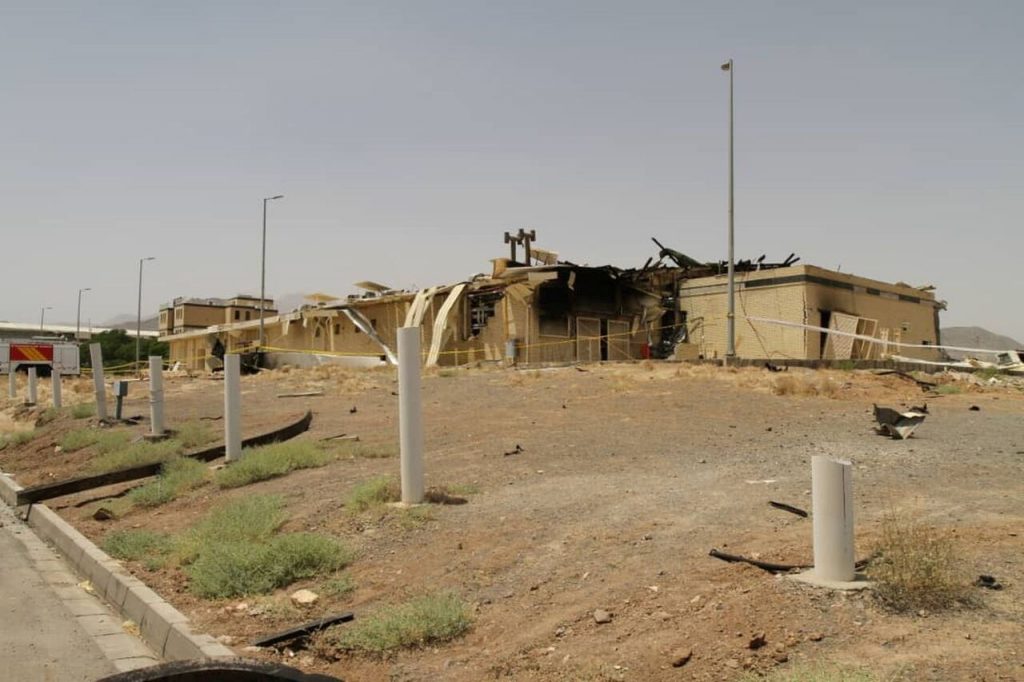Explosion at Natanz: Why sabotaging Iran’s nuclear program could backfire
 An explosion and fire at a workshop at Iran’s Natanz nuclear facility on July 2, which destroyed the better part of an entire building, was followed by a flurry of speculation about the cause. Perhaps a domestic dissident group had planted a bomb, a foreign government had conducted a cyberattack, or an underground gas pipeline simply exploded by accident. Iran’s Atomic Energy Organization announced on July 5 that it had determined the cause, but was withholding that information because of “security considerations.” Still, there is mounting circumstantial evidence that Israel and the United States were involved in what was a deliberate act of sabotage.
An explosion and fire at a workshop at Iran’s Natanz nuclear facility on July 2, which destroyed the better part of an entire building, was followed by a flurry of speculation about the cause. Perhaps a domestic dissident group had planted a bomb, a foreign government had conducted a cyberattack, or an underground gas pipeline simply exploded by accident. Iran’s Atomic Energy Organization announced on July 5 that it had determined the cause, but was withholding that information because of “security considerations.” Still, there is mounting circumstantial evidence that Israel and the United States were involved in what was a deliberate act of sabotage.
There is also a growing debate about the larger impact on Iran’s nuclear program. Iranian officials estimate that the incident had delayed advanced centrifuge production by several months. Outside experts have gone further, claiming a setback of one or two years. If the United States or Israel did have a hand in the accident, top CIA and Mossad officials might be reveling in their success. But would such an operation be worth it, given Iran’s likely response?
The answer is no. Sabotage is not a long-term solution for the political problem posed by Iran’s nuclear program.
No comments:
Post a Comment